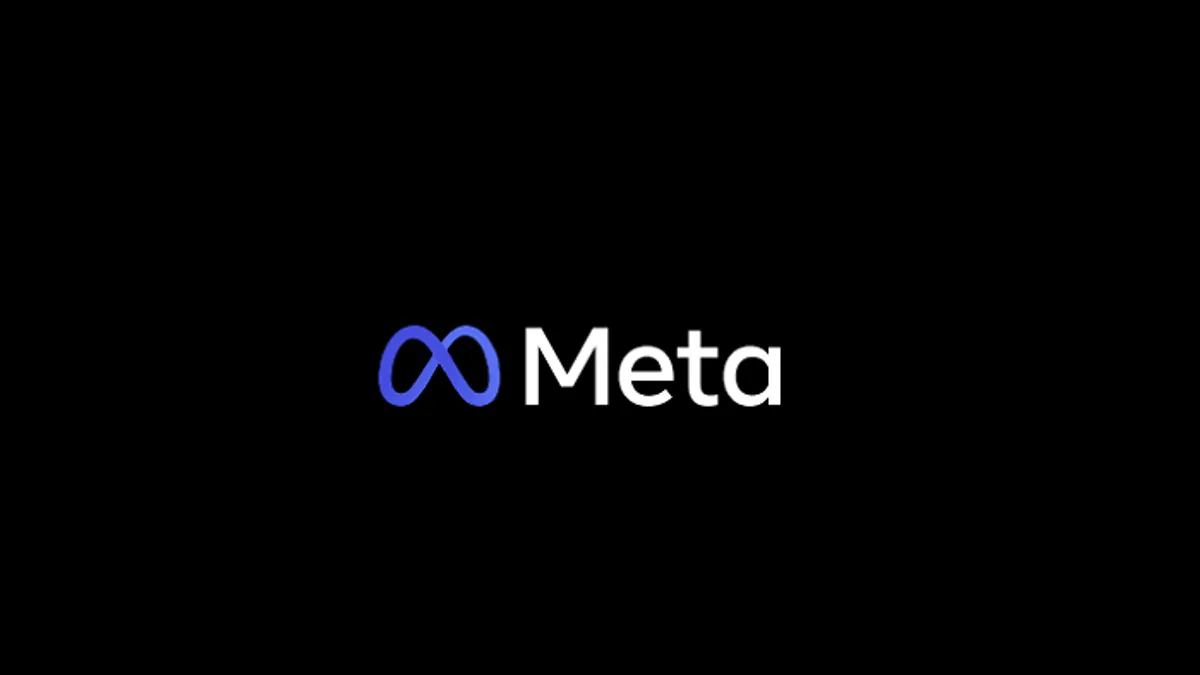Meta Wins Lawsuit Against NSO Group Over WhatsApp Spyware
Meta Platforms has won a significant legal battle against the NSO Group, a spyware developer. The case centered around NSO's Pegasus spyware, which exploited a vulnerability in WhatsApp's video calling system in 2019.
The spyware infected over 1,000 WhatsApp users' mobile devices without requiring them to answer the call. This allowed unauthorized access to sensitive data, including financial information, location data, emails, and text messages. The spyware could even activate a phone's microphone and camera remotely without the user's knowledge or consent.
Meta collaborated with cybersecurity experts from the Citizen Lab to investigate the breach. This investigation led to Meta pursuing legal action against NSO Group.
NSO's Pegasus covertly compromises phones with spyware capable of collecting every kind of user data, even remotely activating the mic and camera without user knowledge or authorization.
While Meta doesn't allege that NSO directly initiated the attack, the lawsuit targeted the developer for creating and distributing the spyware. A federal jury sided with Meta, allowing the company to pursue damages against NSO.
This legal victory sets a precedent against using spyware to steal personal information through unauthorized means. Meta believes NSO's software was used in numerous similar attacks, and this case paves the way for further litigation.
Impact on Spyware Developers
This case holds significant implications for spyware developers. By targeting the developer, rather than individual perpetrators, the case has a broader impact. It forces other spyware providers to reassess the legality and viability of their products, especially concerning social media and messaging apps.
Previously, developers argued that such tools could have legitimate uses beyond data scraping. However, this ruling demonstrates legal accountability for the misuse of such technology, particularly when it compromises personal information accessible through mobile devices.
While the legal definition of data scraping and third-party data usage remains complex, this case represents a positive step towards addressing the misuse of spyware and protecting user privacy.








